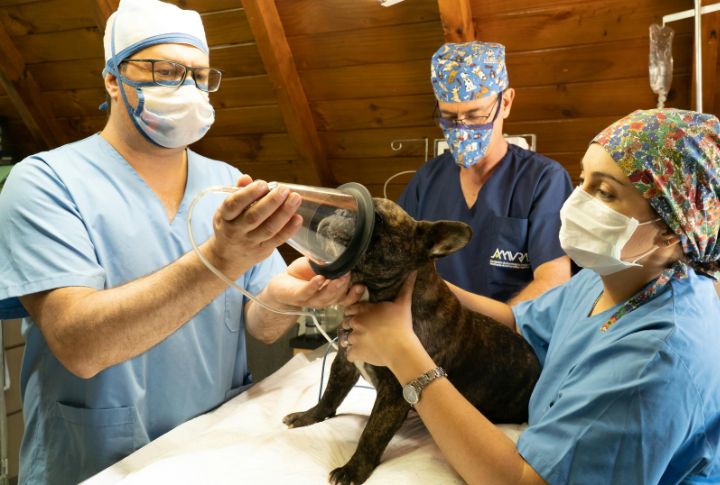15 Things to Know Before Choosing Between a Dog Shelter and a Rescue

Adopting a dog is a big decision, and where you adopt from matters. Shelters are often government-funded facilities, while Rescues are typically volunteer-run organizations. Each has unique advantages and challenges that can impact your adoption experience. Here’s a breakdown of 15 key points to help you choose between a shelter and a rescue.
Shelter Selection

Shelters house a wide range of dogs, from puppies to seniors, mixed breeds to purebreds. This wide variety increases your chances of finding a perfect match. Rescues often specialize in specific breeds or types, like seniors or special needs dogs, offering a more targeted selection process.
Rescue Specialization

If you’ve got your heart set on a particular pooch type, a rescue might be your best bet. Rescue organizations generally focus on specific breeds or demographics, like senior dogs. Their specialized knowledge can help match you with an ideal pet that fits your preferences.
Adoption Speed

Pragyan Bezbaruah/Pexels
Shelter adoptions typically move faster. You could most likely just walk in, fall in love and leave with a new family member. All in one day! Rescues possess more rigorous vetting processes, including applications, interviews and home visits. This is bound to extend the adoption timeline.
Cost Considerations

Karolina Kaboompics/Pexels
Rescue organizations tend to charge more, but this may cover additional services. On the other hand, shelter adoption fees are usually lower, especially during overcrowding periods. During this time, fees might be reduced or waived. Consider your budget when deciding between the two options for your new pet.
Health Services

Many Shelters provide basic veterinary care, vaccinations, and even spaying/neutering as part of the adoption package. While this cost is factored into the fee, it’s typically less than you’d pay at a private vet. Rescues may or may not include these services, so it’s better to always ask.
Available Information

More often than not, Rescues provide more detailed information about their dogs. This is mainly because they live in foster homes. Such an insight into a dog’s behavior in a home setting can help ensure a better match. Shelters may have limited background information on their pups, especially for strays.
Adoption Restrictions

Adoption requirements at shelters are typically less stringent, enabling most individuals to adopt any dog that is available. Rescues, however, can be more selective. Particular dogs may need to live in homes without children or have fenced yards, among other conditions.
Post-Adoption Support

Rescue organizations usually provide greater assistance after adoption, assisting you in adjusting to being a pet parent. They have a stake in your long-term success and are able to offer guidance and resources. Because of their large volume and limited resources, Shelters might provide less continuing care.
Saving Lives

Especially in congested spaces, adopting a dog from a shelter frequently saves it from being put to death. Although both approaches provide homes for dogs, adoptions from shelters tend to have a greater immediate effect on lowering the number of euthanasias in your neighborhood.
Trauma Considerations

It’s possible that dogs in shelters have recently gone through trauma, such as family separation or living on the streets. Their overall behavior may be impacted by this. Before being adopted, rescue dogs frequently spend time in foster homes where their genuine selves are revealed.
Health Risks

Shelter environments, with many animals in close quarters, can sometimes lead to health issues. Your new pup might need extra care initially. Rescue dogs, often coming from foster homes, may have fewer immediate health concerns. Be prepared for potential vet visits either way.
Targeted Search

Rescues allow for a more targeted search, introducing you only to dogs that match your criteria. This can save time and emotional energy. It also helps reduce the chances of falling for a dog that isn’t a good fit for your lifestyle. Shelters offer more variety but less specificity.
Visibility and Accessibility

Consider how much time you can dedicate to your search for a new pet. Shelters are usually managed by municipal governments and are easier to find. The locations and visitation hours of rescues may not be convenient, and they can be more difficult to locate.
Breed-Specific Knowledge

A breed-specific Rescue could offer essential information if you’re determined on a specific breed. Their knowledge of the requirements and possible health problems of the breed can assist you in getting ready for life with your new pet. Shelters might not be very knowledgeable about a certain breed.
Emotional Experience

Shelter adoptions oftentimes provide an immediate emotional connection as you walk through and meet various dogs. Rescue adoptions, while potentially slower, can build anticipation and allow for a deeper connection before bringing your new pet home. Both can be rewarding experiences.





